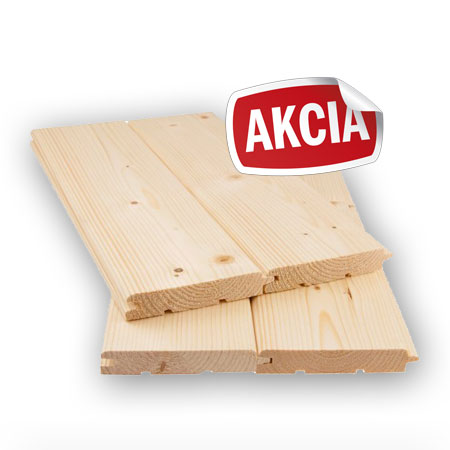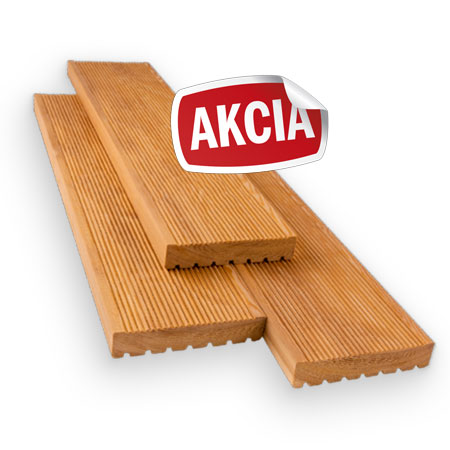A Total Guide to Applying Wood Pellets for Home Heating Systems
As homeowners and industries examine sustainable heating solutions, timber pellets have emerged as one of the fastest-growing eco-friendly options. Utilized in both residential and professional adjustments, timber pellets present not just an effective heat supply but also significant environmental benefits. Let's explore why heat with quality pellets (kvalitné pelety) is definitely an increasingly popular selection and how it contributes to a greener planet.

What Are Timber Pellets and Why Are They Sustainable? Wood pellets are little, round pieces produced from compressed sawdust or other timber waste. They influence byproducts from lumber generators and other wood-processing industries, effectively minimizing spend that will usually result in landfills. One critical statistic demonstrates their sustainability—almost 95% of raw components used to make timber pellets originate from wood residues. This makes them a alternative resource that reduces the dependence on fossil fuels, which are accountable for around 75% of global CO2 emissions. Also, timber pellets are carbon-neutral. When burned, they simply release the total amount of CO2 that the woods consumed throughout their lifecycle, creating them a closed-loop energy source. Decrease Carbon Presence In comparison to Fossil Fuels Burning fossil fuels like coal or organic gas stays an important factor to weather change. Nevertheless, by switching to wood pellets, emissions could be somewhat lowered. Studies reveal that heating with timber pellets may cut carbon emissions by up to 90% in comparison to coal. Furthermore, wood pellet heat programs are designed for performance, boasting heat efficiencies as high as 85-90%. More temperature per product of gas suggests less power wasted, making it a preferred choice for climate-conscious households and businesses. Power Liberty and Economic Advantages Not only are wood pellets eco-friendly, but in addition they subscribe to energy independence. Because timber pellets are domestically stated in several countries, they lower dependence on imported fossil fuels. That helps regional economies and raises job generation in rural parts associated with pellet production. Around 30 million tons of timber pellets are produced globally each year, showing raising need and the economic affect with this industry.

A Natural Development with Staying Power From alternative sourcing to substantial savings in carbon emissions, heating with timber pellets gifts undeniable eco-friendly advantages. With governments and industries pushing for carbon neutrality, the need for sustainable solutions such as for instance wood pellet heating is forecast to grow steadily. If you're contemplating greener ways to heat your property or organization, timber pellets may you should be the energy supply of the future.